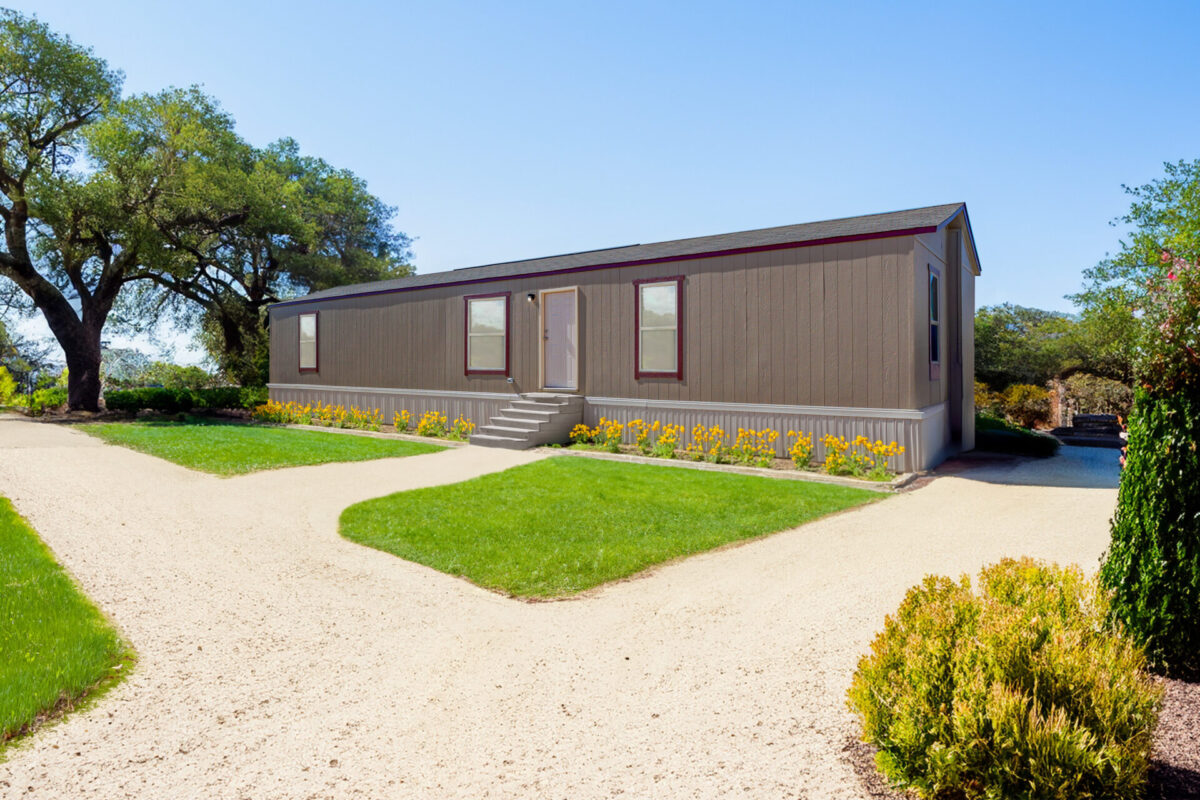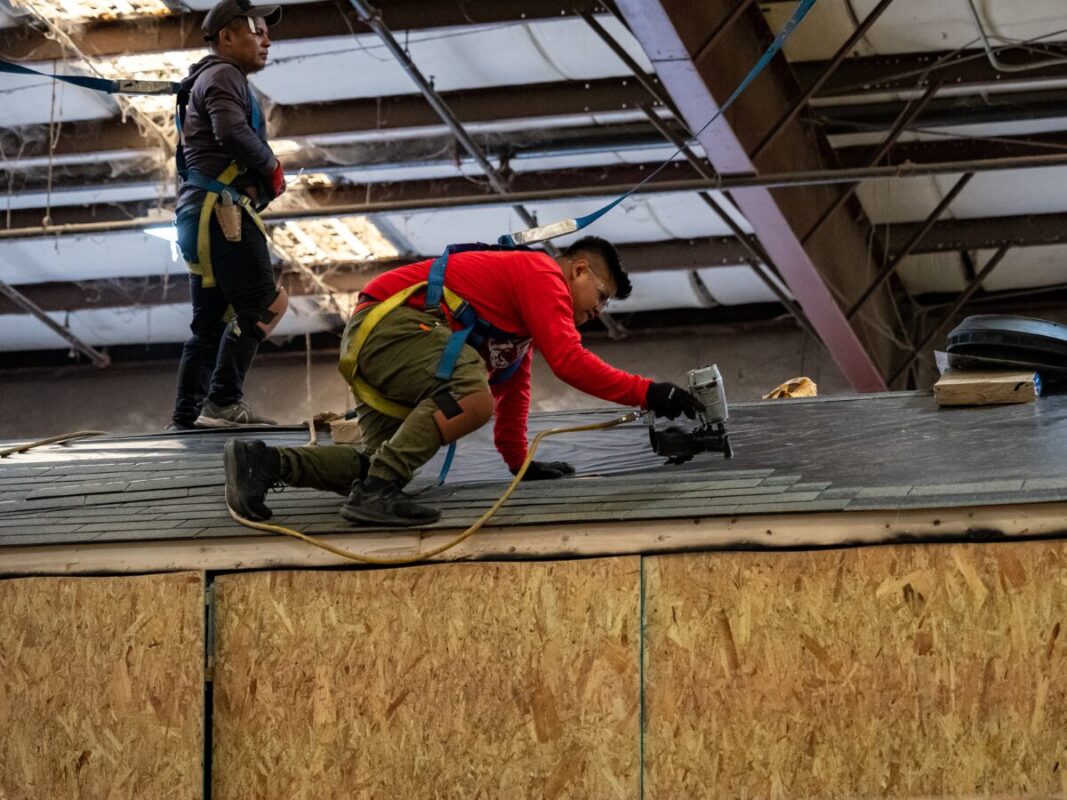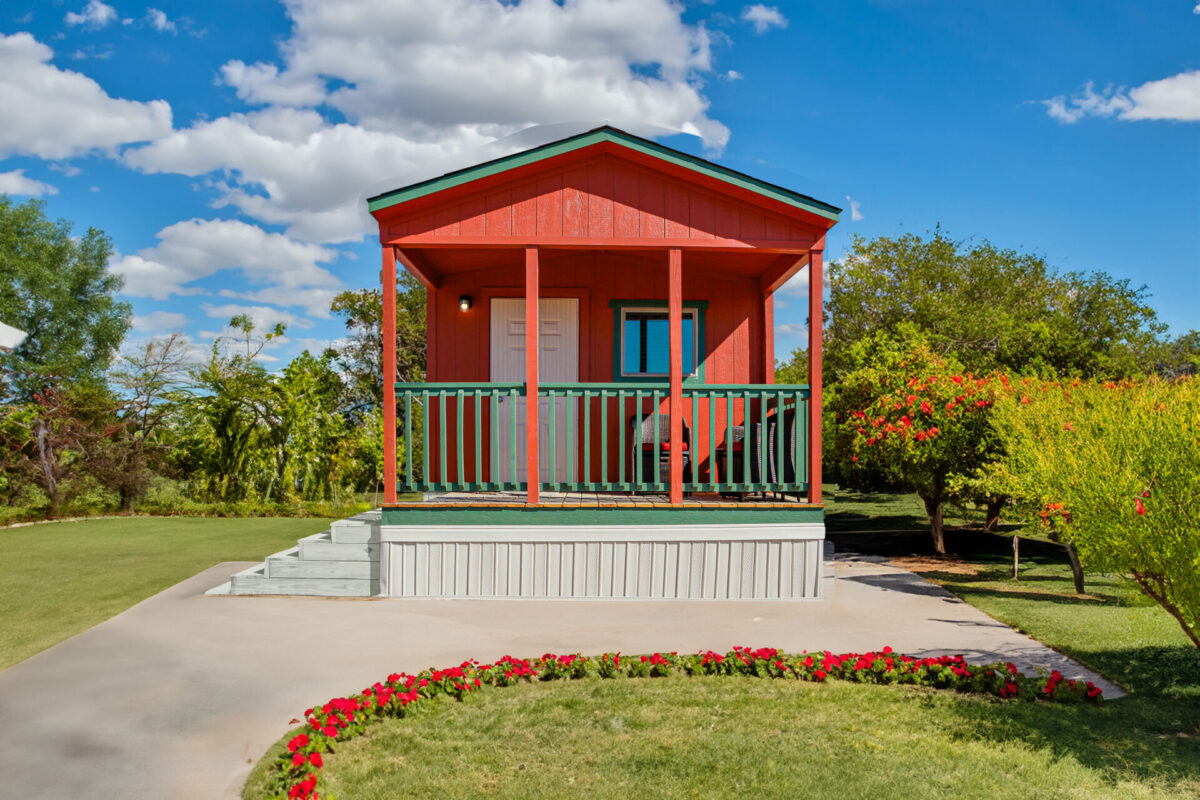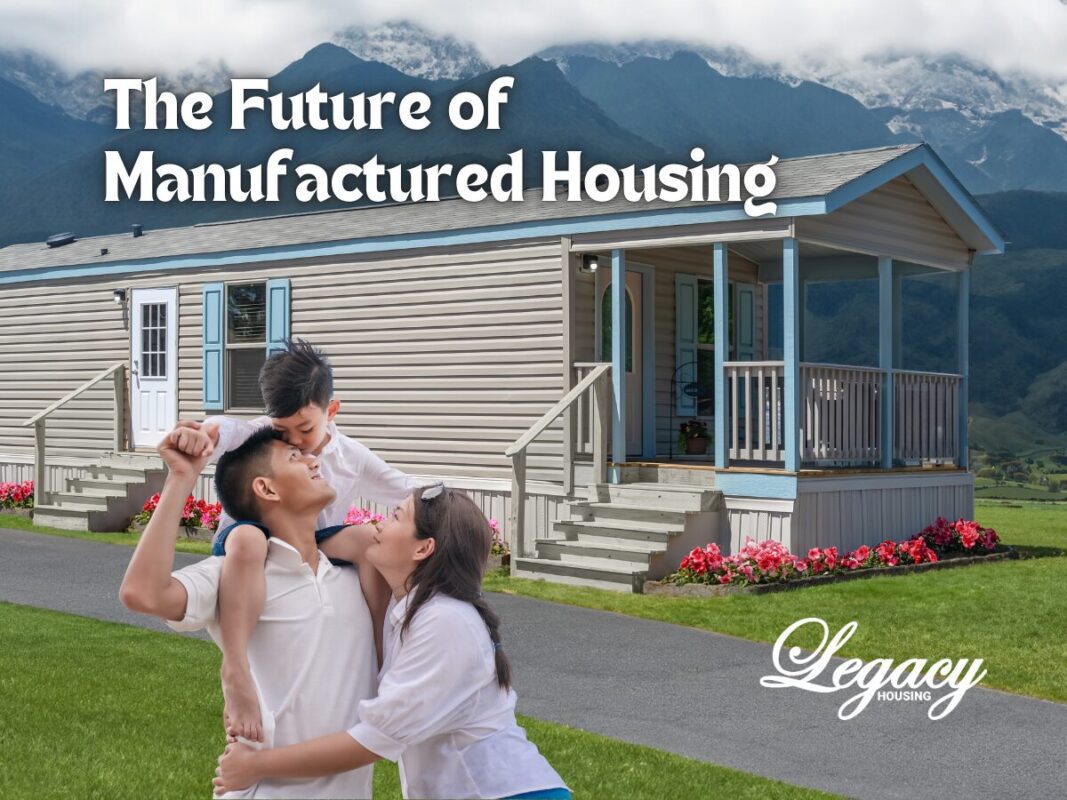Affordable housing is a critical issue that affects millions of people worldwide. As housing costs continue to rise, finding innovative solutions to provide affordable living spaces is becoming increasingly important. This blog post delves into the emerging trends in affordable housing, highlighting the significant role of manufactured homes, the impact of government policies, and the innovative building techniques shaping the future of affordable housing.

The Role of Manufactured Homes
Manufactured homes have long been a viable option for affordable housing, offering a cost-effective alternative to traditional site-built homes. These homes are built in controlled factory environments and then transported to their final location, which significantly reduces construction costs and time. Let’s explore the key benefits and emerging trends associated with manufactured homes in the context of affordable housing.
Cost-Effectiveness
One of the primary advantages of manufactured homes is their affordability. According to the Manufactured Housing Institute (MHI), the average cost per square foot for a manufactured home is significantly lower than that of a site-built home. This affordability extends to both the initial purchase price and ongoing maintenance costs. The controlled manufacturing process allows for bulk purchasing of materials and streamlined production, resulting in substantial savings that are passed on to the consumer.
Quality and Customization
Modern manufactured homes are built to high standards, with rigorous quality control measures in place. These homes often come with customizable options, allowing buyers to select features and finishes that suit their preferences and needs. Advances in construction technology have also improved the durability and energy efficiency of manufactured homes, making them a sustainable and long-lasting housing option.
Flexibility and Scalability
Manufactured homes offer flexibility in terms of location and design. They can be placed on private land, in manufactured home communities, or even as accessory dwelling units (ADUs) on existing properties. This versatility makes them an attractive option for a wide range of housing needs, from single-family homes to multi-family developments. Additionally, the scalability of manufactured homes allows for quick and efficient responses to housing shortages, as entire communities can be built in a fraction of the time required for traditional construction.

Government Policies and Support
Government policies play a crucial role in shaping the landscape of affordable housing. Various initiatives at the federal, state, and local levels aim to promote the development and availability of affordable housing, including manufactured homes. Here are some key policies and programs that support affordable housing efforts.
HUD Code Standards
The U.S. Department of Housing and Urban Development (HUD) has established the HUD Code, which sets national standards for the construction and safety of manufactured homes. These standards ensure that manufactured homes are built to meet specific performance requirements, including structural strength, durability, fire resistance, and energy efficiency. Compliance with the HUD Code provides buyers with confidence in the quality and safety of their homes.
Financing and Subsidies
Access to affordable financing is essential for making homeownership attainable for low- and moderate-income families. Several government-backed programs, such as those offered by the Federal Housing Administration (FHA) and the U.S. Department of Agriculture (USDA), provide loans and subsidies specifically for manufactured home purchases. These programs often feature lower down payment requirements, competitive interest rates, and flexible terms, making it easier for buyers to secure financing.
Zoning and Land Use Policies
Local zoning and land use policies can either facilitate or hinder the development of manufactured homes. Progressive zoning regulations that allow for the placement of manufactured homes in residential areas can significantly increase the availability of affordable housing. Some municipalities are also adopting inclusive zoning practices that encourage the integration of manufactured homes into mixed-use developments, thereby promoting diverse and affordable communities.

Innovative Building Techniques
Advances in construction technology and innovative building techniques are revolutionizing the affordable housing sector. These innovations not only reduce costs but also improve the quality, sustainability, and livability of homes. Here are some notable trends shaping the future of affordable housing.
Modular Construction
Modular construction involves building sections, or modules, of a home in a factory setting and then assembling them on-site. This method offers several advantages, including faster construction times, reduced labor costs, and minimized waste. Modular homes can be customized to meet specific design and performance criteria, making them an attractive option for affordable housing projects.
Energy-Efficient Designs
Energy efficiency is a key consideration in the design and construction of affordable homes. Features such as high-performance insulation, energy-efficient windows, and improved 21 SEER heating and cooling systems can significantly reduce utility costs for homeowners. The Department of Energy’s Zero Energy Ready Home program and the ENERGY STAR certification for manufactured homes are examples of initiatives that promote energy-efficient building practices. These programs set stringent standards for energy performance, ensuring that homes are not only affordable to purchase but also economical to operate.

The Impact of Tiny Homes
The tiny home movement is another trend gaining traction in the affordable housing landscape. Tiny homes, typically defined as dwellings under 400 square feet, offer a minimalist and cost-effective living solution. These homes are often built with a focus on sustainability and efficient use of space, making them an attractive option for those seeking affordable and environmentally friendly housing.
Minimalist Lifestyle
Tiny homes cater to individuals and families embracing a minimalist lifestyle. By prioritizing essential living spaces and reducing unnecessary clutter, tiny homes promote a simpler and more sustainable way of life. This minimalist approach can lead to significant cost savings, as homeowners spend less on furnishings, utilities, and overall maintenance. Most tiny homes are built with functionality and storage in mind, so you can be rest assured that your new Legacy tiny home with have a place for everything because we’ve thought of a place for everything.
ADUs and Multi-Generational Living
Accessory dwelling units (ADUs), also known as in-law suites or granny flats, are a popular application of tiny homes. ADUs can be added to existing properties to provide additional living space for extended family members or to generate rental income. This flexibility makes ADUs a valuable tool for addressing housing shortages and creating affordable living arrangements. Multi-generational living is becoming increasingly common, and ADUs offer a practical solution for families seeking to accommodate elderly parents or adult children.

Challenges and Opportunities
While manufactured homes and innovative building techniques offer promising solutions for affordable housing, several challenges must be addressed to fully realize their potential.
Perception and Stigma
One of the primary challenges facing manufactured homes is the lingering perception and stigma associated with mobile homes and trailer parks. Educating the public about the quality, durability, and benefits of modern manufactured homes is essential for changing perceptions and increasing acceptance.
Financing and Insurance
Securing financing and insurance for manufactured homes can sometimes be more challenging than for traditional site-built homes. Lenders and insurers may have stricter requirements or offer fewer options for manufactured home buyers. Expanding access to affordable financing and insurance products is crucial for making manufactured homes more accessible to a broader audience.
Regulatory Barriers
Local zoning and land use regulations can pose significant barriers to the development and placement of manufactured homes. Advocacy for more inclusive and flexible zoning policies is necessary to increase the availability of affordable housing options.

Why Choose Legacy Housing?
In 2024, modern buyers seeking quality and affordability in manufactured and tiny homes should look no further than Legacy Housing. As America’s best-selling tiny home manufacturer, Legacy Housing is renowned for producing high-quality, energy-efficient homes that cater to the diverse needs of today’s homeowners. Our homes are not only affordable but also built to meet the highest standards of durability and comfort. With a wide range of customizable options, Legacy Housing ensures that every buyer can find a home that fits their unique lifestyle and preferences. Additionally, our commitment to energy efficiency means lower utility costs and a smaller environmental footprint for our customers. Choose Legacy Housing for innovative design, superior craftsmanship, and unmatched value in the manufactured and tiny home market.
Explore our best-selling floorplans and find a Legacy retailer near you here.

Conclusion
The future of affordable housing lies in embracing innovative solutions that address the diverse needs of individuals and families. Manufactured homes, supported by progressive government policies and advanced building techniques, play a crucial role in providing cost-effective, high-quality housing. As the housing market continues to evolve, the integration of energy-efficient designs, modular construction, and tiny homes will further enhance the availability and sustainability of affordable housing. By overcoming challenges and leveraging opportunities, we can create a future where affordable, dignified housing is accessible to all.
For more information on the latest trends and developments in the manufactured housing industry, visit the Manufactured Housing Institute and HUD User. To collect your free manufactured home catalog, sign up here. To find a local Legacy tiny home dealership in your area, use our dealer locator here.


